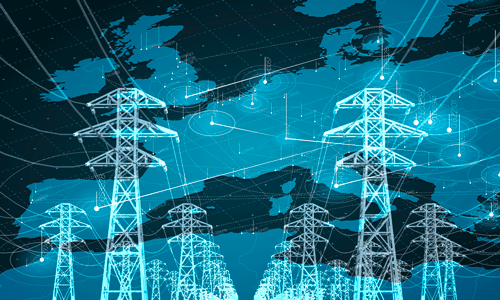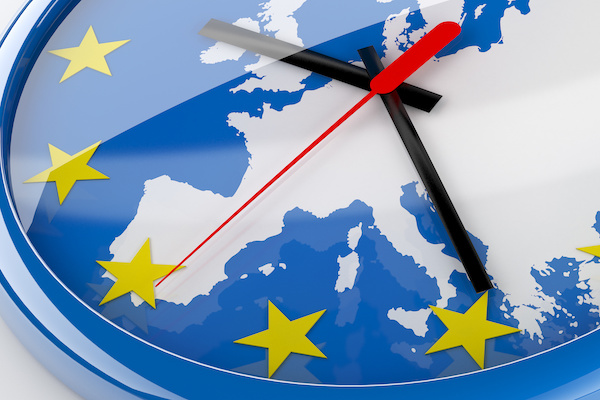28 March 2018
When the Balkans remind us of the complexity of the electricity system


We turn the light on, we work on our computers or on an assembly line, and we plug in our mobile phones… Electricity is behind each of these daily actions. Even if the availability of electricity seems today natural, it is however a long-term work that depends on the constant attention of all actors of the electricity system, and in the first place, of system operators, unknown guarantors of the security of supply.
Sometimes, some events can undermine this nice balance, the extreme case being the collapse of the network: the well-known black-out. In addition to possible technical incidents, these events can also take the form of natural phenomenon (storm, earthquake, tsunami…) or an aggression of human origin (sabotage or cyberattack…).
The flap of a butterfly’s wings in the Balkans…
The news has just reminded us that when it comes to electricity, a “political” disagreement between two neighbouring countries can be a cause of disruption for the whole Europe. It is this situation that has affected – quite discreetly until recently, but significantly – the European network for almost two months.
Since January, given its difficulties to recover the costs of electricity supplied to customers in the North of the country (mostly of Serbian origin), the transmission system operator in Kosovo has indeed reduced its injections in the network, without actually limiting consumptions. Serbia, which must ensure the generation-consumption balance for the entire Balkan sub-region, was supposed to make up for this generation drop. But because of the disagreements between the two countries, Serbia decided to maintain this imbalance.
However, on the electricity networks, it is key to ensure that production and consumption are equal at every moment, otherwise the maintenance of the frequency on the network is challenged. In the current case, the accumulated energy loss has exceeded 110 GWh and has resulted in a decrease of the frequency to an average of 49,996 Hz: these numbers may sound insignificant compared to the total annual production in Europe[[Excluding Ukraine, Belarus and Moldova.]], that exceed 3 000 TWh or to the usual frequency level of the electricity system.
… creates delays all across Europe!
This tiny decrease of the frequency, however, led to a slow-down of 6 minutes of all the clocks directly connected to the European electricity grid (household appliances, devices…).
And if the deficit of energy production, and consequently, the decrease of the frequency, had been more important, the consequences would also have been of a much higher magnitude, with dysfunctions and failures of numerous electrical devices, even a general instability of the grid and power cuts.
Networks and electricity markets are a complex system, the rules of which must not be changed carelessly
Thanks to the alarm bell sounded by other European transmission system operators, the focus is now on finding a political settlement between the network operators of Kosovo and Serbia.
This incident shows, however, how much solidarity and coordination, especially when it comes to transmission networks, is a vital necessity for the entire European continent. It also has the merit to remind that this highly technical system works all year around thanks to the shadow work of transmission system operators and their employees.
This episode also emphasizes that in front of complex and key technical and operational challenges, the legislative and regulatory evolutions should be conducted on the basis of sound studies and careful approaches. Once again, the European cooperation of transmission operators, dating back several decades and is carried mostly on a voluntary basis, has proved its worth!
Find out more
02 June 2020
“Long live Europe”: it’s time for Europe!
25 February 2020
Brexit: love last 47 years


About us
The Union of the French Electricity Industry is the trade association of the French electricity sector. We bring together companies from the whole value chain of the electricity industry.
Find out more










